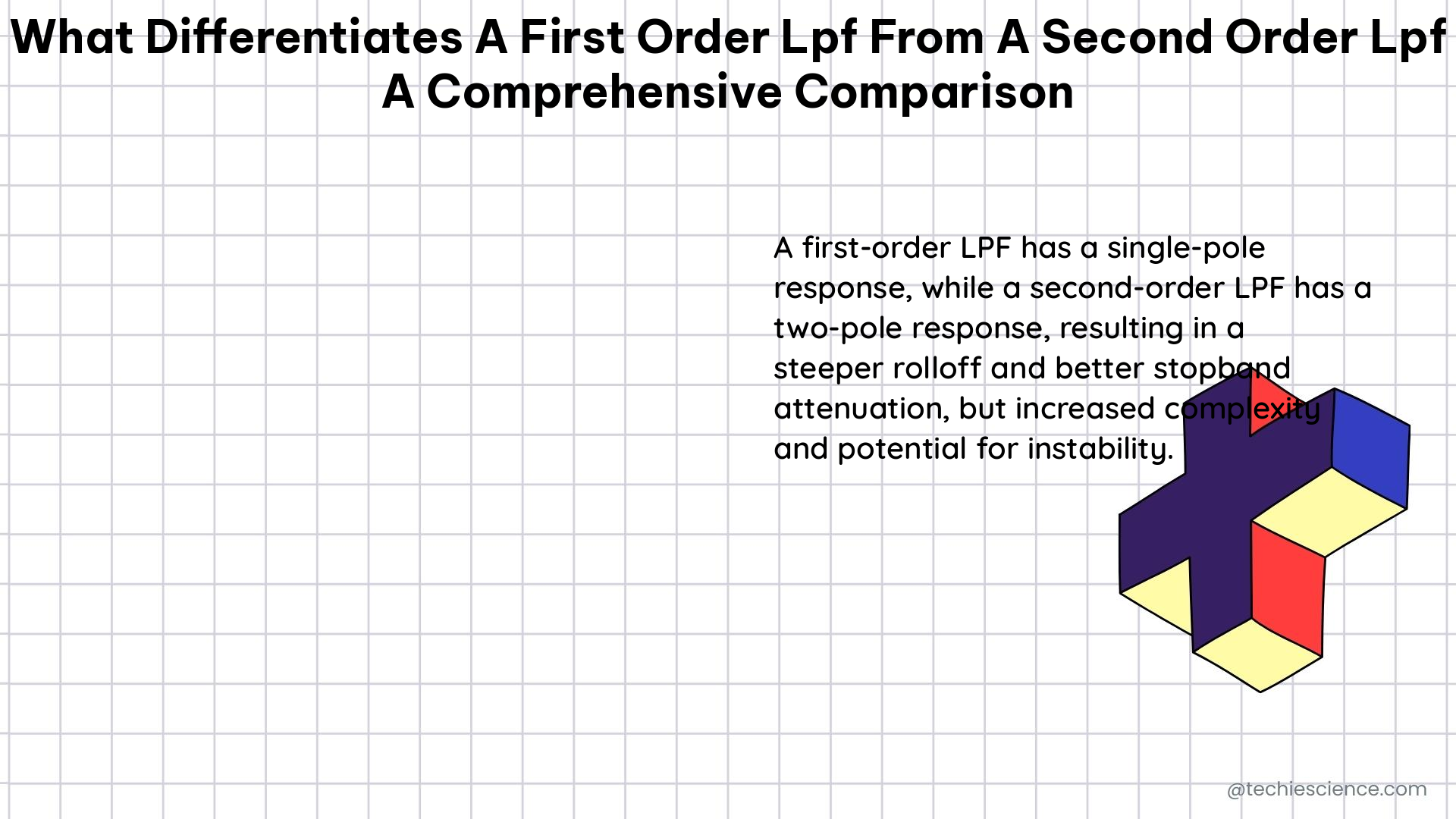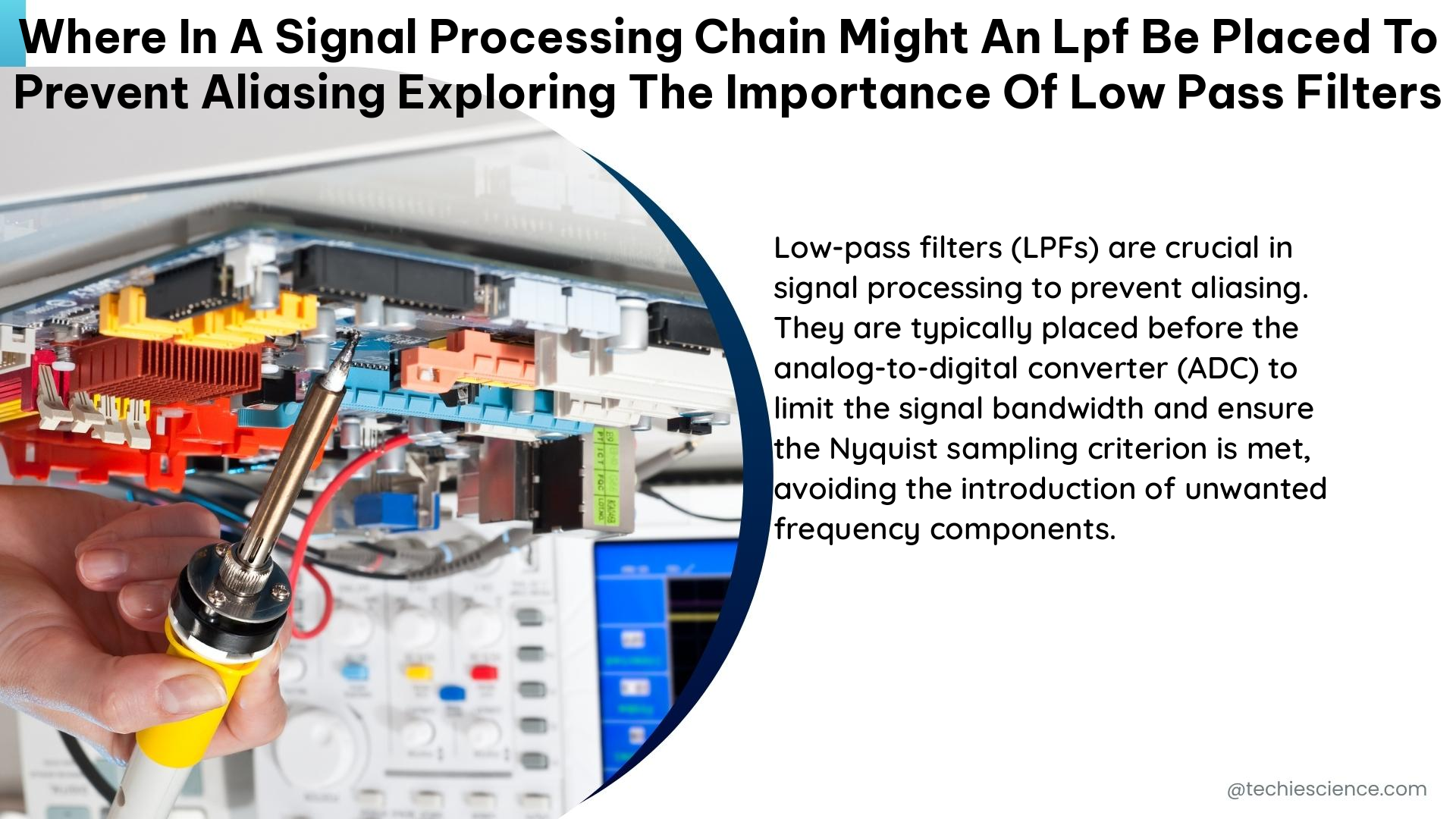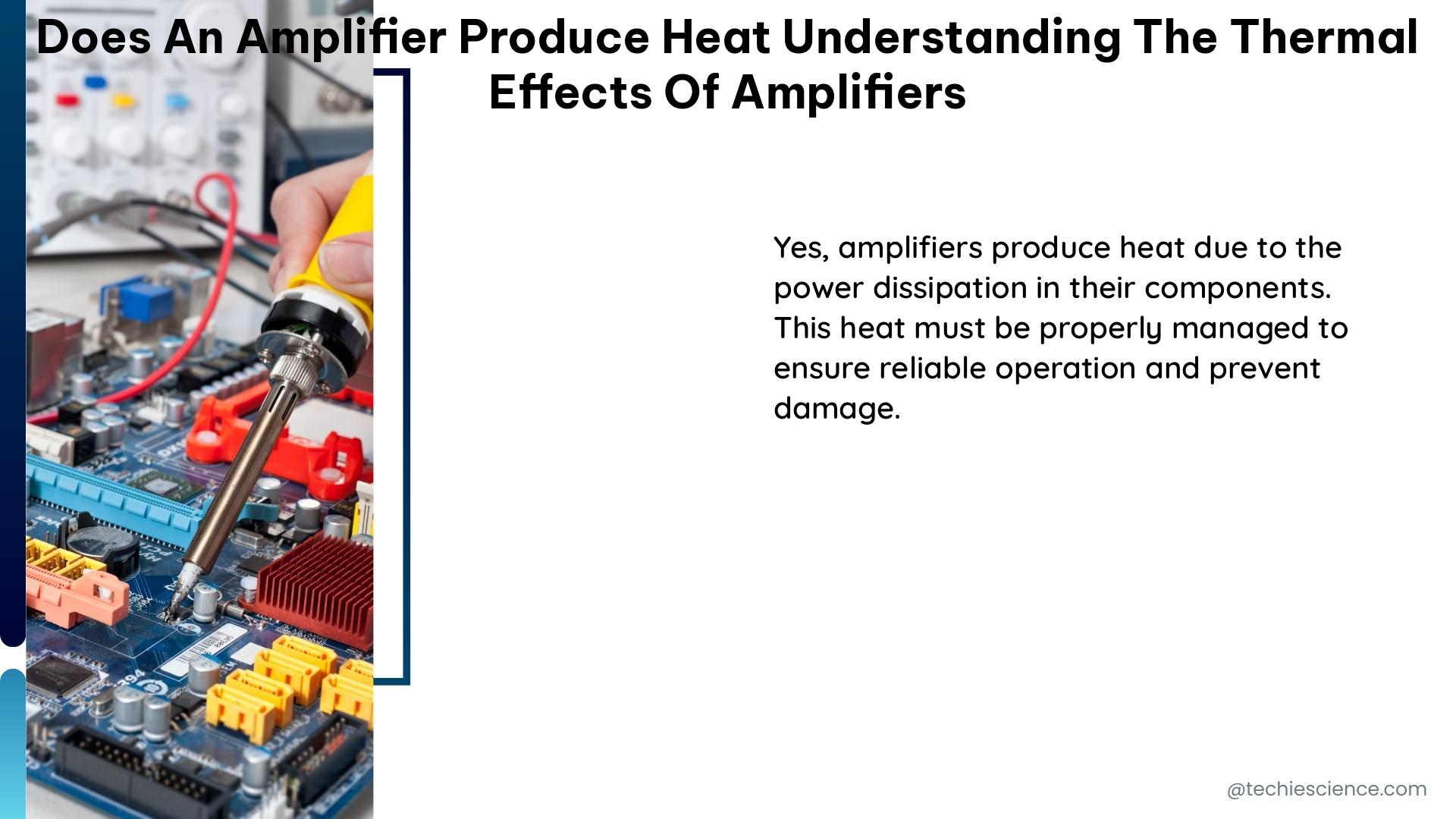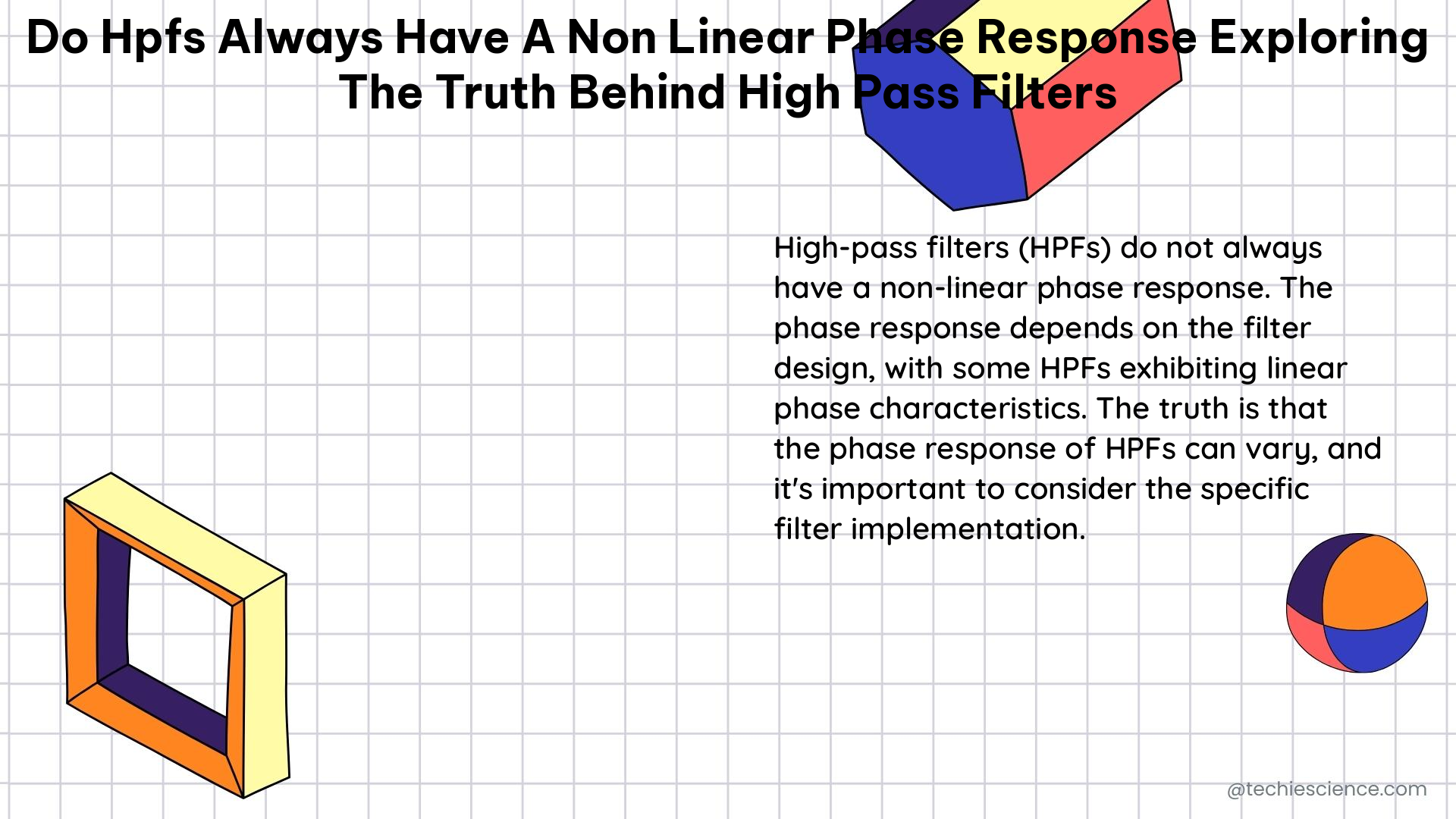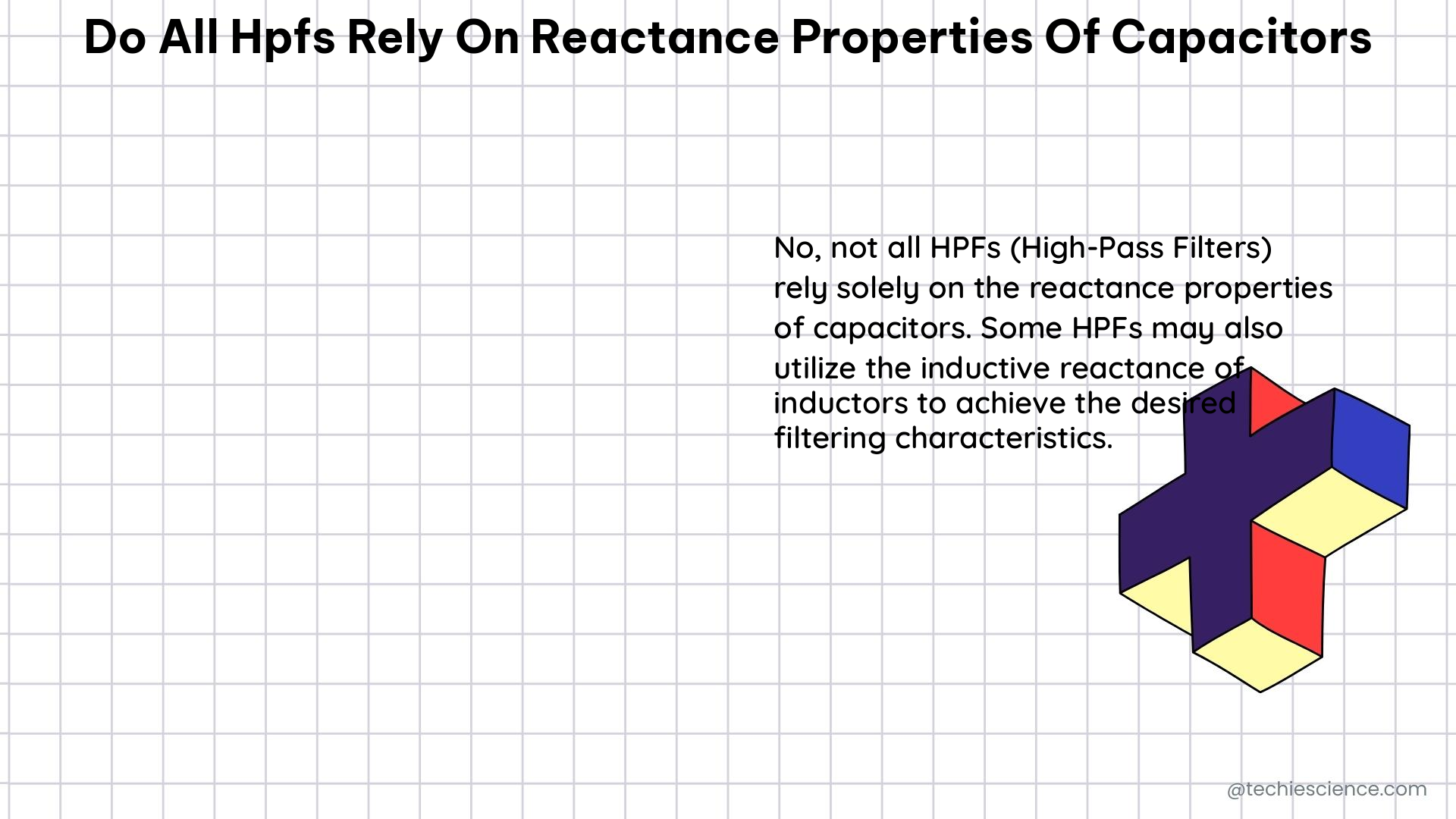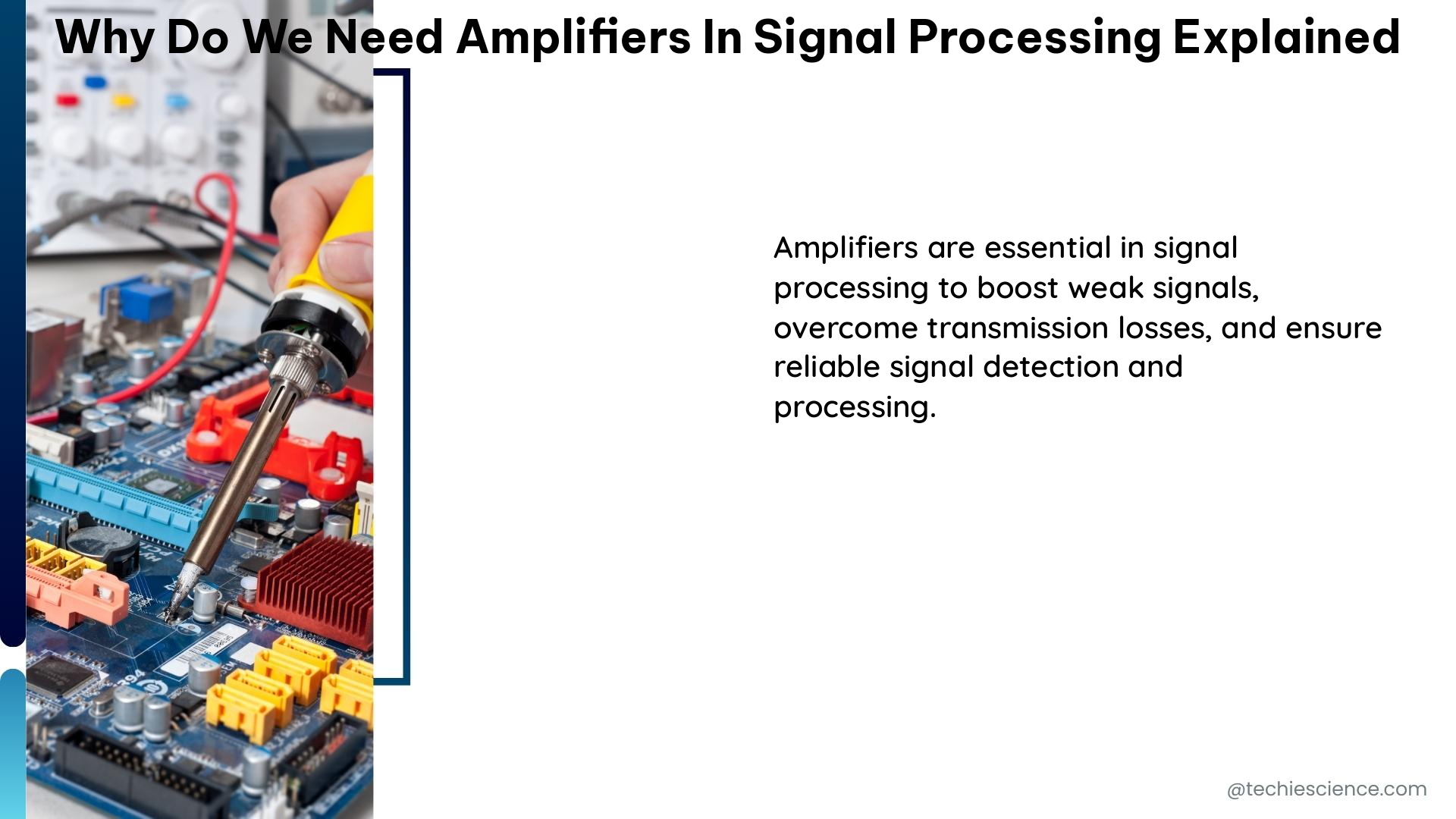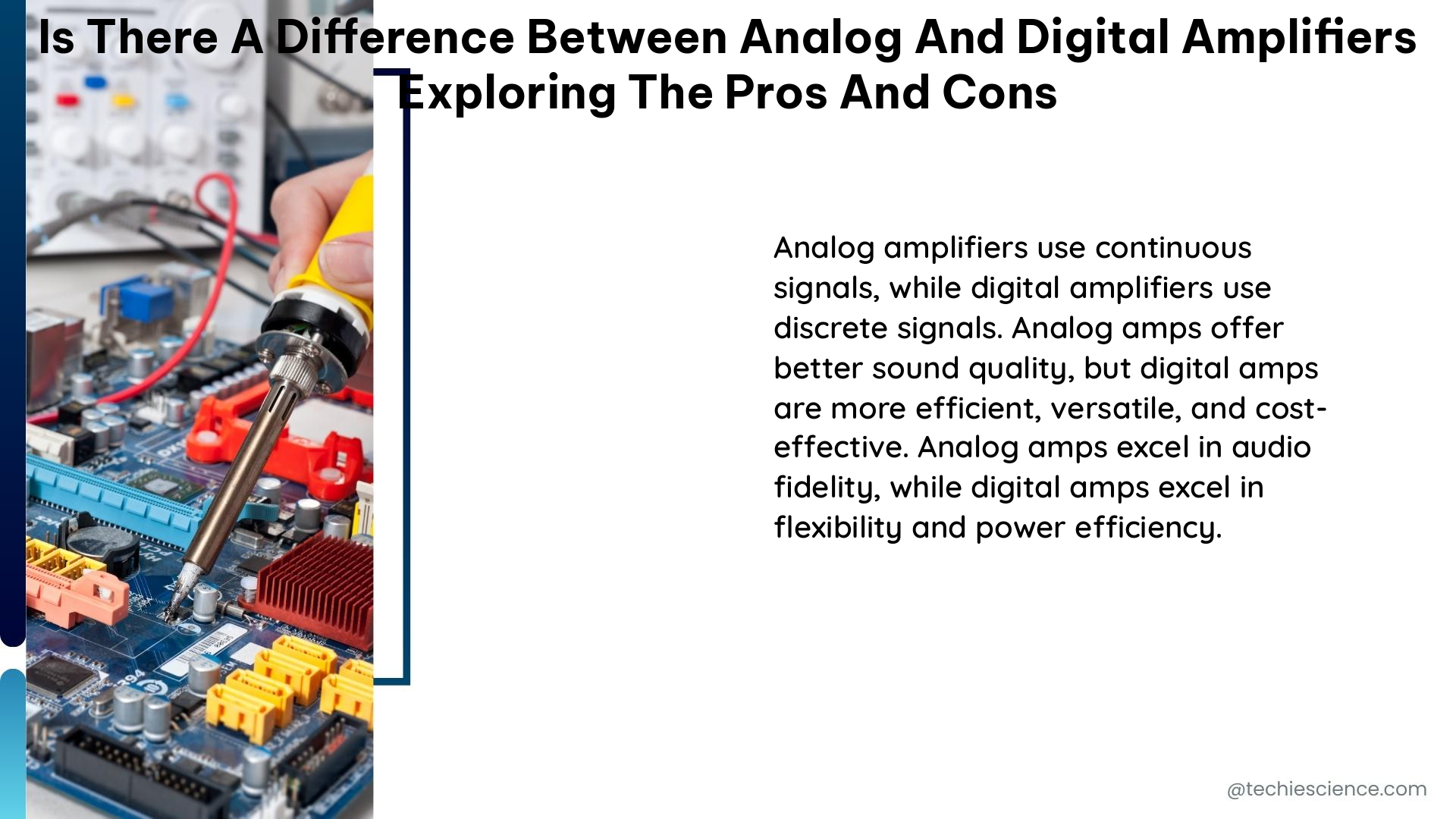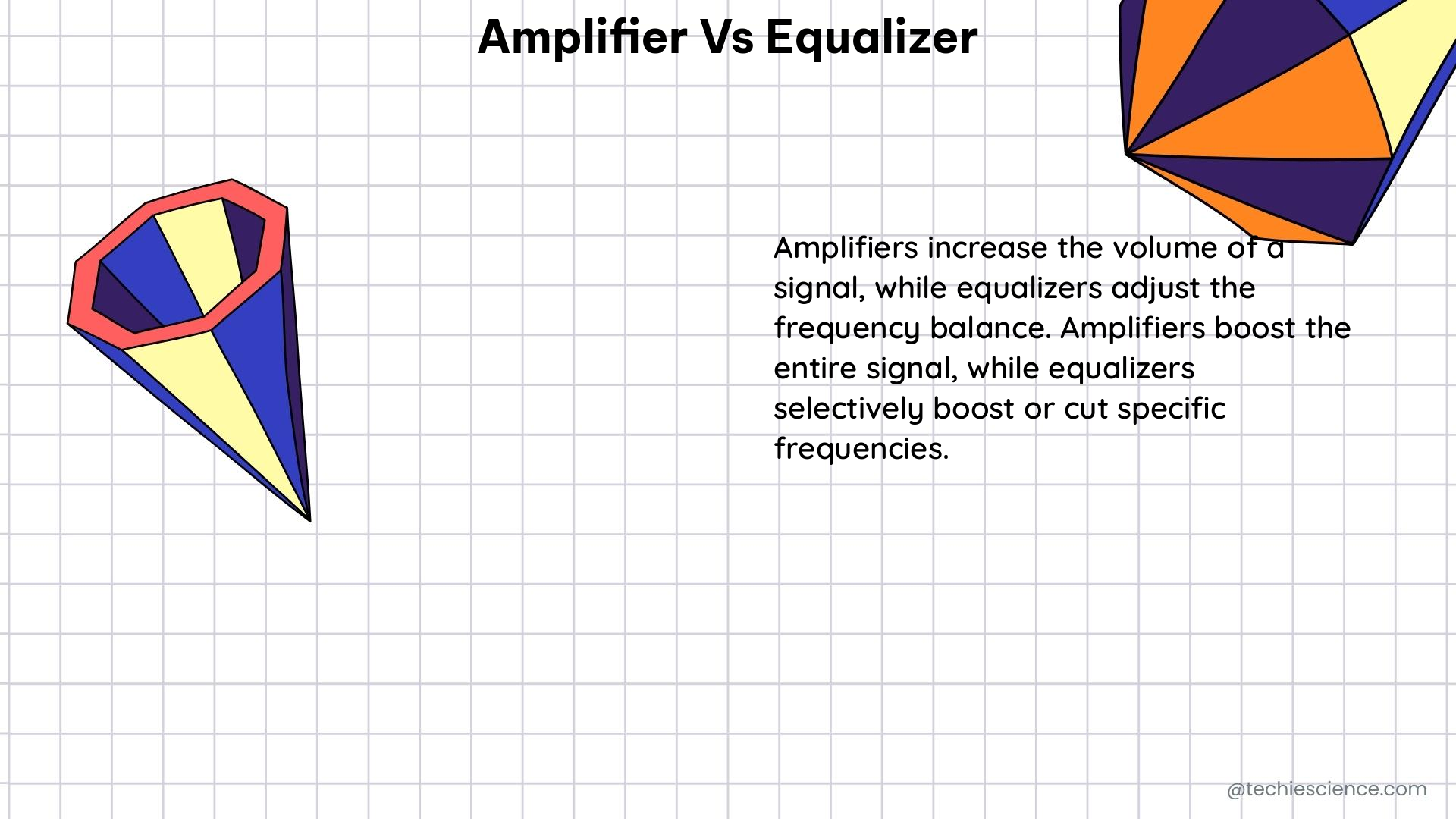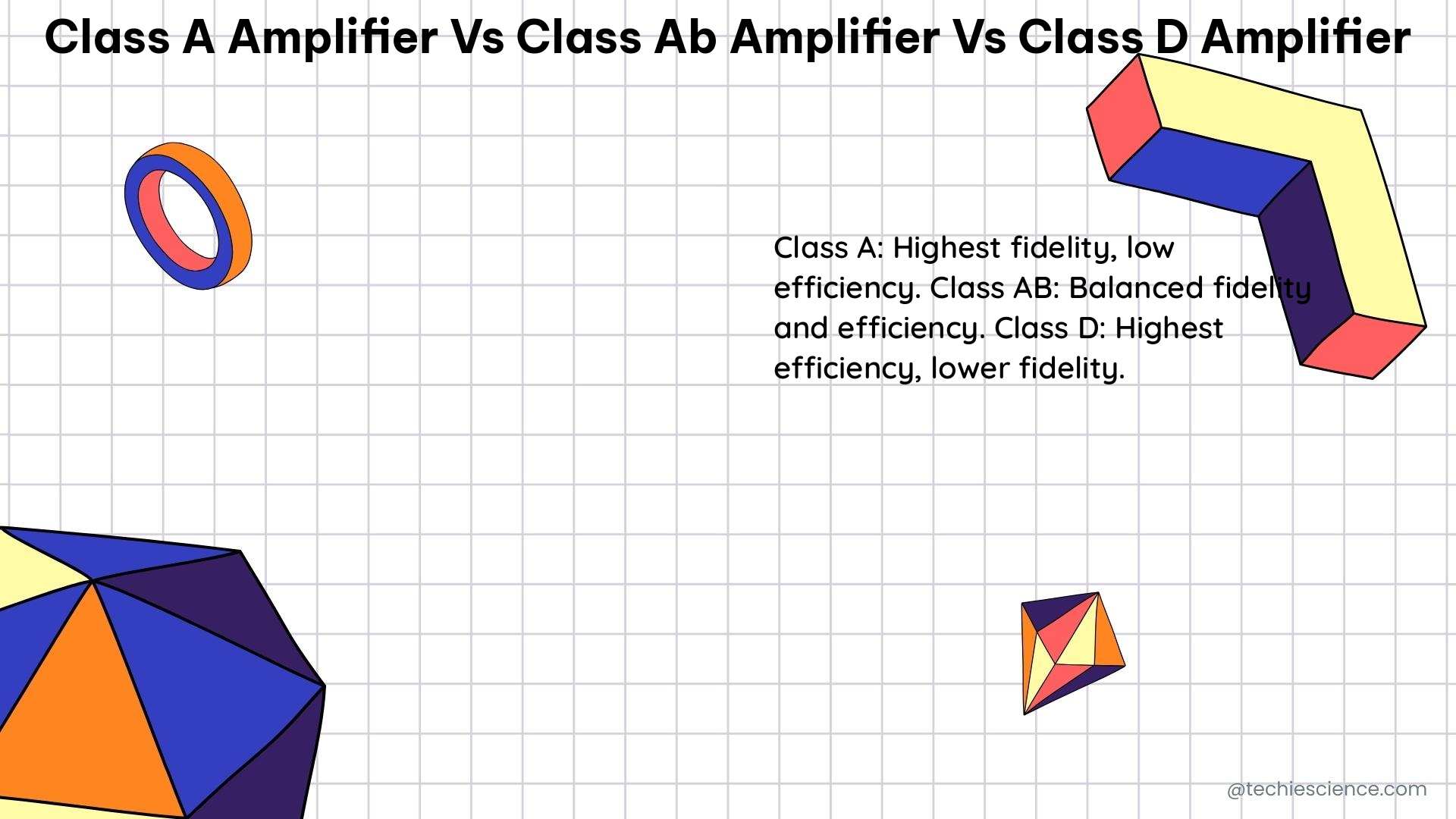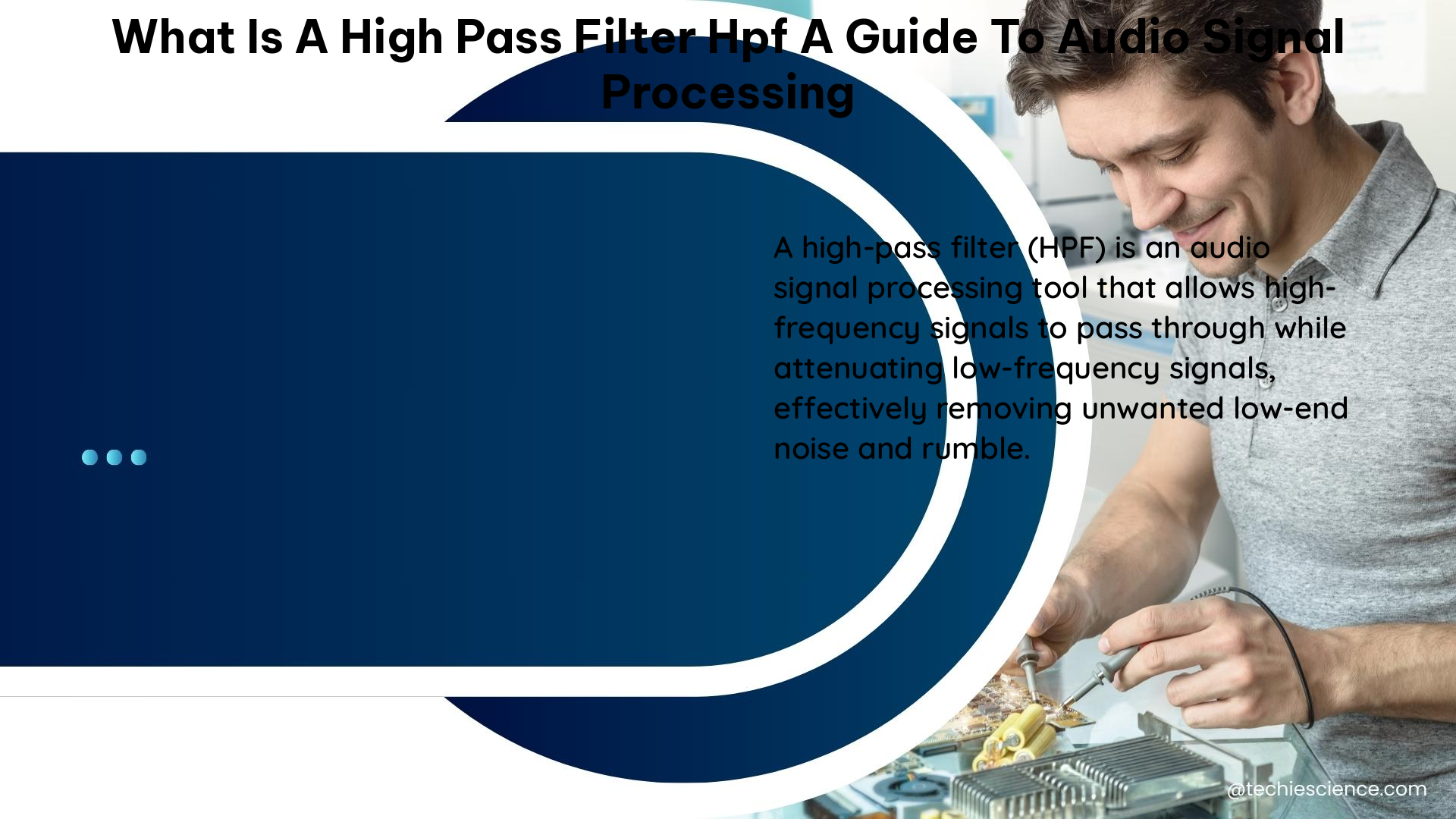What Differentiates a First Order LPF from a Second Order LPF: A Comprehensive Comparison
In the world of electronics and signal processing, low-pass filters (LPFs) play a crucial role in shaping the frequency response of signals. Two commonly used types of LPFs are the first-order LPF and the second-order LPF, each with its unique characteristics and applications. This comprehensive comparison will delve into the key differences between these two … Read more
